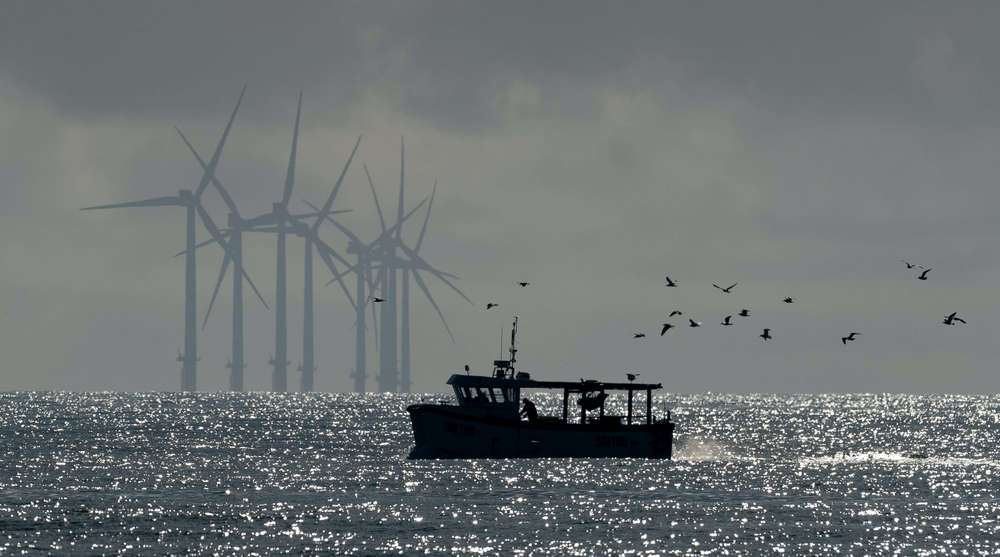
There are many definitions of sustainability out there, and they have slightly different nuances. At Kiwi Power, we like the definition in the charter for the UCLA Sustainability Committee, where sustainability is “the integration of environmental health, social equity and economic vitality in order to create thriving, healthy, diverse and resilient communities for this generation and generations to come. The practice of sustainability recognizes how these issues are interconnected and requires a systems approach and an acknowledgement of complexity.”
Sustainable practices support ecological, human, and economic health and vitality. Sustainability presumes that resources are finite, and should be used conservatively and wisely with a view to long-term priorities and consequences of the ways in which resources are used.”
Everybody knows that wholesale deep decarbonisation is needed for us to be able to sustain future generations. Achieving net zero carbon emissions has become a common aim for countries and businesses around the world as we collectively, yet belatedly, attempt to keep the planet we live on under a 1.5 °C rise in global warming since pre-industrial levels.
This warming limit, which according to the Intergovernmental Panel on Climate Change (IPCC) will still result in “high interrelated climate risks”, is, sadly, unlikely to be met due to the slow reaction of national governments and businesses around the world – and in spite of a large community of climate scientists shouting until they are blue in the face for at least the last couple of decades.
However, a combination of innovation, rapid uptake of new technologies and a huge shift in mindset presents hope for a better future. In the context of the energy system, it’s clear we need to transition to the highest amount of renewables (and low-carbon sources of energy) as is practically possible – and economically viable – in the quickest time possible, whilst ensuring grid stability.
This presents challenges. As renewables are powered by intermittent sources of energy (the sun and the wind), a huge increase in dispatchable (meaning you can turn them on or off) energy resources (what we at Kiwi Power call flexible energy assets) is needed. In fact, renewables can only achieve sufficient market penetration – lessening the need for power-hungry, centralised, fossil-fuel generated backup – with a fully flexible power system that monetises, rather than punishes, intermittency.
Energy flexibility will be a key concept that everybody – from national governments to corporations to individuals – will need to embrace if we are going to deliver on a truly sustainable energy system. Kiwi Power’s Virtual Power Plant technology, Kiwi Core, exists to provide that flexibility whilst making it as simple as possible to understand and benefit from and as such, plays an integral role in the low carbon transition.
Energy flexibility – the act of modifying the energy output or consumption of one or more flexible energy assets (often known as Distributed Energy Resources) in line with changing demands on/by the grid.
Energy flexibility is also a key cornerstone of a more equitable and fair energy system. By building the simplest, most user-friendly distributed energy platform on the planet, we aim to enable as many power producing and consuming resources as possible to have an active role to play on the grid and a home on the Kiwi Core platform. Instead of simply being energy consumers, the individuals and companies of tomorrow can enjoy the financial benefits that can be realised by monetising the energy they produce, whilst playing a part in the stabilisation of our energy system for generations to come.
As the definition from UCLA above says, the picture is complex and it will be a long time – if ever – before our energy grid doesn’t at least partly rely on large, centralised power plants. In the meantime, energy flexibility allows us to make this transition to more low-carbon electricity without the need to build new, expensive infrastructure; giving governments a different framework in which to design their energy system and businesses and consumers an opportunity to play an active role in revolutionizing the way we produce, consume and think about energy. Get involved.